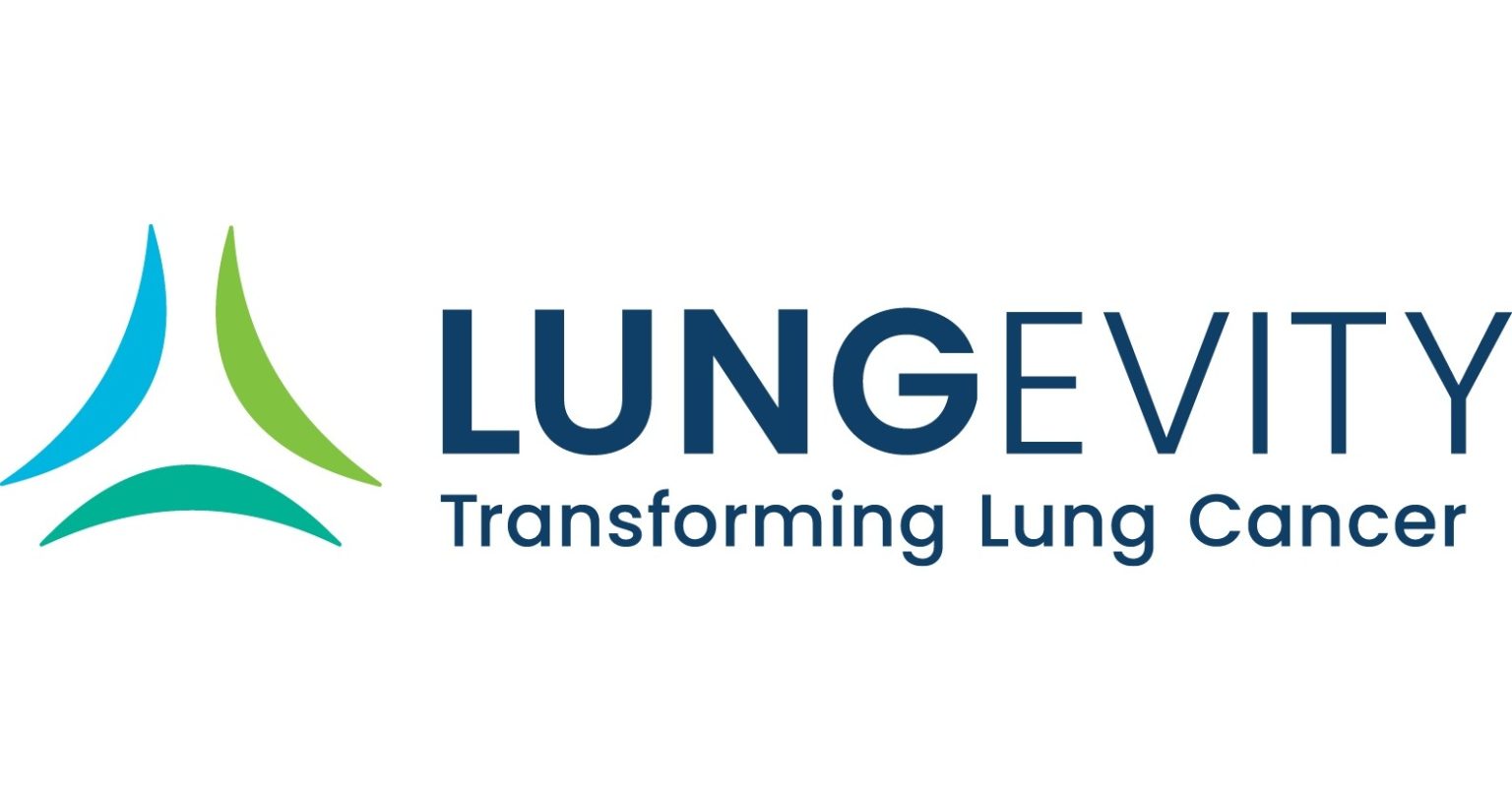“Every flag represents a life cut short and a family left behind,” said Andrea Ferris, MBA, President and CEO of LUNGevity Foundation. “Lung cancer remains the nation’s leading cause of cancer death, yet it can also be survivable if caught early. We are calling on policymakers, partners, and the public to act now to screen for lung cancer, to fund research for improved treatments, and to save lives.”
Despite significant advances in treatment and screening modalities, only 28% of people diagnosed with lung cancer survive five years or more. When the disease is detected early, however, the five-year survival rate rises to 65%. Still, screening rates remain critically low, with far too many people diagnosed when the disease is already advanced.
To further emphasize the urgency of the moment, LUNGevity will host a press conference on the National Mall at 10:00 AM on November 5, and livestream on the LUNGevity Facebook page, featuring policymakers, survivors, and medical experts calling for bipartisan support of lung cancer research and screening programs. Confirmed speakers include Andrea Ferris, MBA, President and CEO of LUNGevity Foundation; Mary Ellen Reid, BSN, MSPH, PhD, Chief of Cancer Screening, Survivorship and Mentorship at Roswell Park Comprehensive Cancer Center; Michael R. Gieske, MD, Director of Lung Cancer Screening at St. Elizabeth Healthcare, and Matthew Schabath, PhD, Program Leader, Cancer Epidemiology Program, Moffitt Cancer Center, as well as lung cancer survivors Terri Ann DiJulio and Neal Augenstein.
Complementing the Washington, D.C. flag installation, smaller displays will take place in Boston, MA and Baton Rouge, LA, emphasizing the toll of lung cancer across the country.
LUNGevity Foundation extends its gratitude to the generous sponsors who help make the installation of white flags possible: Amgen, AstraZeneca, Genentech, Johnson & Johnson, Lilly USA, LLC, Merck & Co., and Novocure. Their support helps drive critical awareness and meaningful change in the lung cancer community.
The White Flags installation reinforces LUNGevity’s mission to transform what it means to be diagnosed and live with lung cancer. Through research that advances early detection and treatments, education that empowers patients, and advocacy that drives equitable access to care, LUNGevity is turning remembrance into action so that fewer flags will need to be planted in the years ahead.
About LUNGevity Foundation
LUNGevity, the nation’s leading lung cancer organization, is transforming what it means to be diagnosed and live with lung cancer. LUNGevity seeks to make an immediate impact on quality of life and survivorship for everyone touched by the disease—while promoting health equity by addressing disparities throughout the care continuum.
- Through research, we use an innovative and holistic approach to finding lung cancer earlier when it is most treatable; advance research into new treatments so people may live longer and better; and ensure a diverse, vital pipeline of investigators for the future of the lung cancer field.
- Through advocacy, we foster groundbreaking collaborations to ensure all people have access to screening, biomarker testing, and treatment breakthroughs.
- Through community, we educate, support, and connect people affected by lung cancer so that they can get the best healthcare and live longer and better lives.
Comprehensive resources include a medically vetted and patient-centric website, Patient Gateways for specific types of lung cancer, a toll-free HELPLine for personalized support, international survivor conferences, and tools to find a clinical trial. All these programs are designed to help us achieve our vision—a world where no one dies of lung cancer. LUNGevity Foundation is proud to be a four-star Charity Navigator organization. Please visit www.LUNGevity.org to learn more.
About Lung Cancer in the US
- About 1 in 18 Americans will be diagnosed with lung cancer in their lifetime.
- More than 226,000 people in the US will be diagnosed with lung cancer this year, with a new diagnosis every 2.3 minutes.
- It is estimated that close to 65% of all new lung cancer diagnoses are among people with no tobacco exposure or only past tobacco exposure.
- More lives are lost to lung cancer than to the next two deadliest cancers (colorectal and pancreatic) combined.
- Only 28% of all people diagnosed with lung cancer will survive 5 years or more, but if it’s caught before it spreads, the chance of 5-year survival improves to 65%.
SOURCE LUNGevity Foundation


